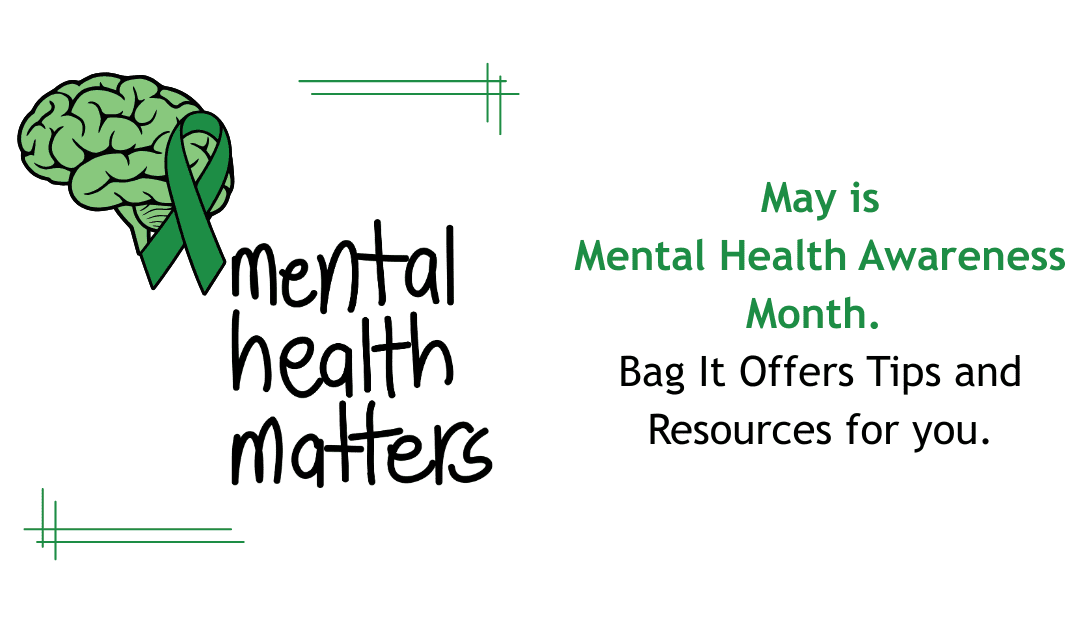
by Bag It Team | Apr 29, 2025 | Educational Articles
May is Mental Health Awareness Month, a time to pause and reflect on how we care for our emotional well-being—something that affects all of us, no matter our background or health status.
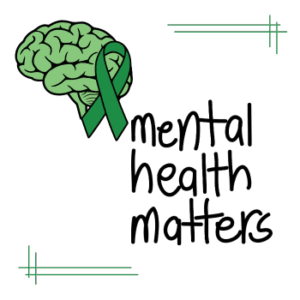 At Bag It Cancer, we work every day to support those impacted by cancer, and we see firsthand how critical mental health is throughout the journey. But the truth is, everyone faces stress, uncertainty, and emotional challenges at different points in life—whether you’re navigating a diagnosis, caring for a loved one, or simply managing the pressures of daily life.
At Bag It Cancer, we work every day to support those impacted by cancer, and we see firsthand how critical mental health is throughout the journey. But the truth is, everyone faces stress, uncertainty, and emotional challenges at different points in life—whether you’re navigating a diagnosis, caring for a loved one, or simply managing the pressures of daily life.
Mental health is health. It deserves our attention, our compassion, and our time.
Here are a few small ways anyone can support their mental well-being this month:
- Take a mindful break. A few minutes of quiet breathing or stepping outside can reset your mood.
- Connect with someone. A conversation with a friend or loved one can make a big difference.
- Practice kindness—especially toward yourself. Let go of perfection and embrace progress.
If you or someone you know is in emotional distress or crisis, help is available. Call or text 988 to reach the Suicide & Crisis Lifeline—free, confidential support 24/7/365.
Looking for helpful mental health tools?
Here are a few trusted resources:
CancerCare: Coping with Cancer
Mental Health America: Mental Health Month Toolkit
Headspace: Free Mindfulness Tools
Caring for your Mental Health
Whether you’re a patient, caregiver, donor, or part of our extended community—thank you for standing with Bag It. Let’s continue supporting the whole person—mind, body, and spirit.

by Mindy Griffith | Dec 9, 2021 | Educational Articles
Coping with cancer, Covid, or other health or life challenges can make it tough to remember our blessings during this season of giving, gratitude, and celebration we call “the holidays.”
But expressing gratitude goes beyond refocusing away from our challenges to simply find the goodness in our lives. Its power also enables us to accept the struggles that are present in our lives while also fostering resilience and hope – making it a practice worthy of adopting even during the most difficult of times.
Gratitude research finds links with stress relief, improved social ties/relationships, benefits to physical well being like better sleep, lower inflammation, blood pressure, and pain, as well a positive correlation with healthier lifestyle factors like diet and exercise.
Ongoing studies are being conducted to study the effects of what happens to the brain when a person practices gratitude. Findings suggest that it may help train the brain to be more sensitive to the experience of gratitude, which could contribute to lasting effects and improved mental health over time.
Your gratitude practice doesn’t have to be complicated. Adopting gratitude as part of your routine takes consistency and some time. You can be grateful for past, present or future blessings, and the more specific the entries, the better.
Write a thank you note or letter of appreciation to someone, then decide if you want to send it to the person. You don’t have to share it, though it might be a way to strengthen a relationship.
There are apps aplenty in the app stores if you want to record your entries digitally, and they even have reminders. Write in a journal, or simply and silently list three things you are thankful for as you lie in bed and drift off to sleep. Can’t stay awake long enough? Spend a few minutes in the morning before you get up and start your day. This can also be a good way to set an intention for the day. Gratitude, meditation and prayer are also methods of appreciating the joy in our lives. Use whatever works for you!

by Bag It Team | Oct 11, 2021 | Educational Articles
If you were diagnosed with a chronic illness such as cancer, heart disease, an autoimmune disease, or diabetes, experiencing a period of sadness, anxiousness, worry, anger, and stress is not uncommon. But if distressing symptoms persist after a couple of weeks, depression could be further complicating your overall health.
Possible signs of depression:
- Persistent sadness, tearfulness, emptiness, anxiousness
- Feeling hopeless, worthless, guilty, or pessimistic
- Irritability, outbursts of anger, frustration
- Feeling helpless
- Restlessness, loss of interest in pleasurable activities
- Lack of energy, fatigue
- Memory issues, difficulty with concentration or decision making
- Sleep disturbances (insomnia, oversleeping)
- Changes in your appetite or weight gain/loss
- Unexplained aches or pains
- Frequent thoughts of self-harm, death or suicide
The good news is that depression is highly treatable, and working with your healthcare team is the place to start on your path to wellness. As with any health condition, the earlier the treatment for depression begins the more effective it is.
Don’t wait for your healthcare provider to bring up the subject. As you prepare for your next appointment, make this one of your top three topics to discuss. Write down your depressive symptoms, how long you have had them, how often, intensity, etc. Be honest and describe their impact on your daily life and those around you.
Bring a complete list of all the medications (and supplements) you take. Also let the doctor know about any personal history of anxiety or depression in yourself or your family. (Remember that everything you share with your healthcare team is private and confidential. It cannot be discussed with others without your permission.)
Your healthcare provider will explore the treatment options with you. Depression is often effectively treated with medication, “talk therapy” (talking one-on-one with a professional), or both. Find what works for you. Be patient as it may take some time to feel better. Research has shown that treating your chronic illness and depression together can help you manage both more effectively and improve your overall quality of life.
Should you find yourself in a crisis, call the NAMI Helpline at 800-950-NAMI or text “NAMI” to 741741

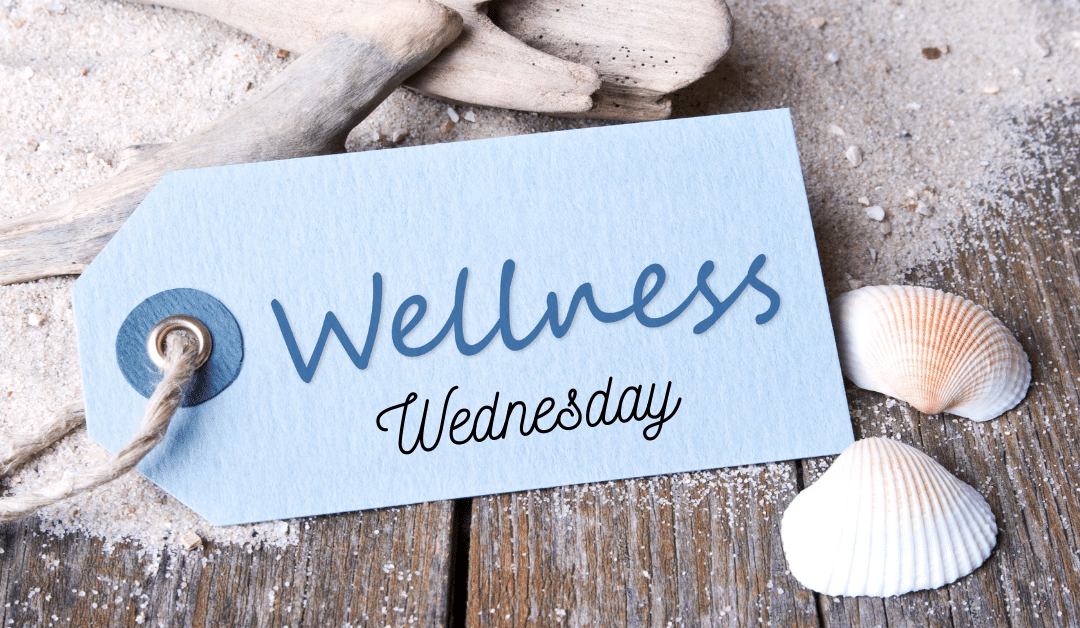
by Mindy Griffith | Jan 6, 2021 | Videos
By Mindy Griffith
“As part of our Wellness Wednesday series Mindy talks about being prepared for appointments in your role of advocating for yourself.
To see more of our Wellness Wednesday videos just click here
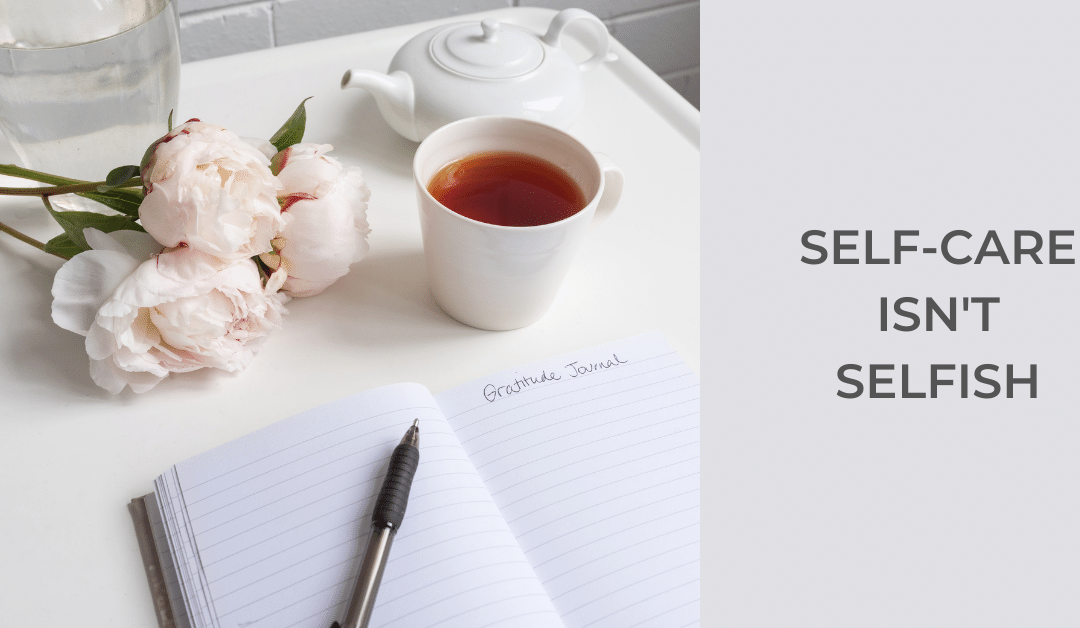
by Bag It Team | Oct 13, 2020 | Educational Articles
So, how are you?
 Let’s face it, months into life during a pandemic, everyone is struggling on some level. A Kaiser poll indicated that over 50% of Americans report that the pandemic and social-distancing are affecting their mental health. More people report that they are experiencing depression and anxiety. Emergency hotlines have noted over a 1000% increase in calls in comparison to 2019. If you need help, please get help.
Let’s face it, months into life during a pandemic, everyone is struggling on some level. A Kaiser poll indicated that over 50% of Americans report that the pandemic and social-distancing are affecting their mental health. More people report that they are experiencing depression and anxiety. Emergency hotlines have noted over a 1000% increase in calls in comparison to 2019. If you need help, please get help.
According to the Centers for Disease Control and Prevention (CDC), the COVID-19 pandemic can cause strong feelings of stress for adults and children, including:
- Fear & worry about your own health & the health of your loved ones
- Changes in sleep or eating patterns
- Difficulty sleeping or concentrating
- Worsening of chronic physical health problems
- Worsening of mental health conditions
If you’re experiencing any of these, there are ways to manage your symptoms and cope while maintaining physical distancing.
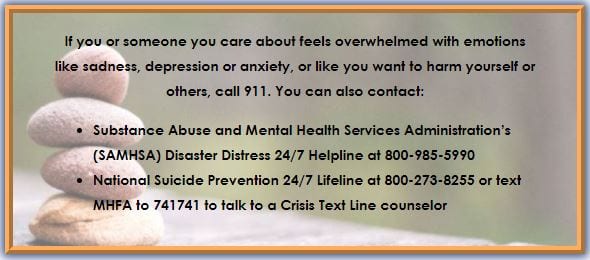
Continued from Newsletter…
 The National Alliance on Mental Illness (NAMI) offers several steps you can take to prevent this stressful time from impacting your mental health.
The National Alliance on Mental Illness (NAMI) offers several steps you can take to prevent this stressful time from impacting your mental health.
1) Maintain A Routine
If you’re not used to working from home, you may find the transition challenging. Creating a new teleworking routine will help you get into the right mindset, feel more productive and keep the boundaries between work and home from blurring. Bringing structure into your daily routine is key.
2) Take Reasonable Safety Precautions, But Don’t Go Overboard
Use only reliable sources of information, such as the CDC or Johns Hopkins University, to inform and make a plan for your health habits. Don’t let anxiety direct your behavior. Limit how much time you spend watching or listening to news that makes you upset.
3) Find Ways To “Get Going”
Now more than ever, you need to practice self-care. Practicing sound mental hygiene can help boost your psychological immunity. If you are prone to depression, you might be finding it harder to get out of bed in the morning, motivate yourself to accomplish chores or get started on a work project.
4) Try Not To Fixate On Sleep
The changes in your usual schedule, together with anxiety, can wreak havoc on your sleep. It might be helpful to listen to a guided meditation available on YouTube or one of the many meditation apps, such as 10% Happier, Headspace or the UCLA Center for Mindfulness
5) Stick To Consistent Meal Times
Eating only at meal times, rather than stress-snacking throughout the day, can also help you maintain your mental and physical wellbeing. Nourish yourself with healthy foods. However, it’s also perfectly fine to enjoy some comfort foods, like freshly baked cookies. Now is not the time to start a restrictive diet.
6) Follow Your Regular Mental Health Treatment Plan
Make sure you have an adequate supply of medication and take it as prescribed. Many mental health providers are now offering tele-therapy, either by phone or video, to comply with social distancing requirements. If you are dealing with cancer or a chronic illness, please keep connected to your healthcare provider by virtual visits or in person if safety permits (Bag It). Check with your insurer to see what virtual services they will cover.
7) Practice Mindfulness And Acceptance Techniques
 Whether you use meditation, yoga or prayer, focusing your attention on the present moment, rather than worrying about a catastrophic, uncertain future, can help you manage your distress. One good introductory resource, among many, is “Mindfulness: An Eight-Week Plan for Finding Peace in a Frantic World,” by Mark Williams and Danny Penman. The UCSD Center for Mindfulness also has free, guided meditations and useful information about the practice.
Whether you use meditation, yoga or prayer, focusing your attention on the present moment, rather than worrying about a catastrophic, uncertain future, can help you manage your distress. One good introductory resource, among many, is “Mindfulness: An Eight-Week Plan for Finding Peace in a Frantic World,” by Mark Williams and Danny Penman. The UCSD Center for Mindfulness also has free, guided meditations and useful information about the practice.
8) Be Kind To Yourself
A vast body of research conducted by the psychologist Kristin Neff and colleagues has shown the value of self-compassion for coping with emotional challenges and adversity. To ease feelings of isolation, acknowledge your struggle with kindness, rather than self-judgment, and recognize that millions of people world-wide are sharing your experience right now.

 At Bag It Cancer, we work every day to support those impacted by cancer, and we see firsthand how critical mental health is throughout the journey. But the truth is, everyone faces stress, uncertainty, and emotional challenges at different points in life—whether you’re navigating a diagnosis, caring for a loved one, or simply managing the pressures of daily life.
At Bag It Cancer, we work every day to support those impacted by cancer, and we see firsthand how critical mental health is throughout the journey. But the truth is, everyone faces stress, uncertainty, and emotional challenges at different points in life—whether you’re navigating a diagnosis, caring for a loved one, or simply managing the pressures of daily life.





 Let’s face it, months into life during a pandemic, everyone is struggling on some level. A Kaiser poll indicated that over 50% of Americans report that the pandemic and social-distancing are affecting their mental health. More people report that they are experiencing depression and anxiety. Emergency hotlines have noted over a 1000% increase in calls in comparison to 2019. If you need help, please get help.
Let’s face it, months into life during a pandemic, everyone is struggling on some level. A Kaiser poll indicated that over 50% of Americans report that the pandemic and social-distancing are affecting their mental health. More people report that they are experiencing depression and anxiety. Emergency hotlines have noted over a 1000% increase in calls in comparison to 2019. If you need help, please get help.
 The
The  Whether you use meditation, yoga or prayer, focusing your attention on the present moment, rather than worrying about a catastrophic, uncertain future, can help you manage your distress. One good introductory resource, among many, is “Mindfulness: An Eight-Week Plan for Finding Peace in a Frantic World,” by Mark Williams and Danny Penman. The
Whether you use meditation, yoga or prayer, focusing your attention on the present moment, rather than worrying about a catastrophic, uncertain future, can help you manage your distress. One good introductory resource, among many, is “Mindfulness: An Eight-Week Plan for Finding Peace in a Frantic World,” by Mark Williams and Danny Penman. The
Recent Comments